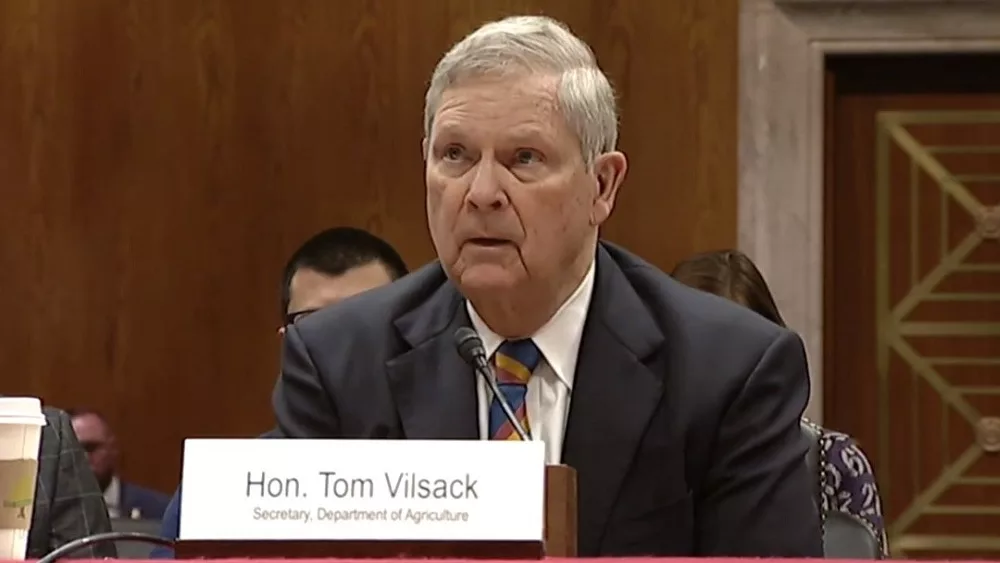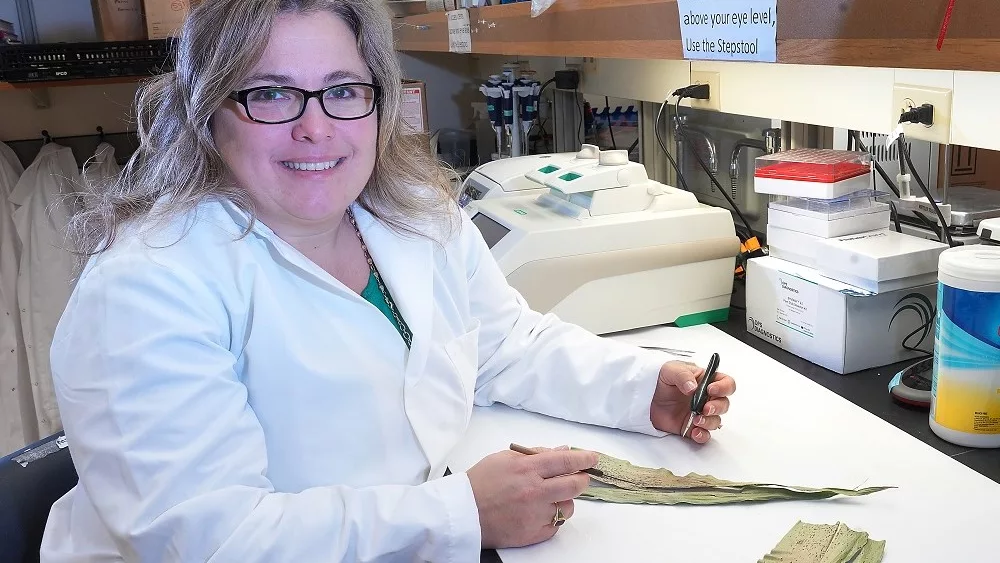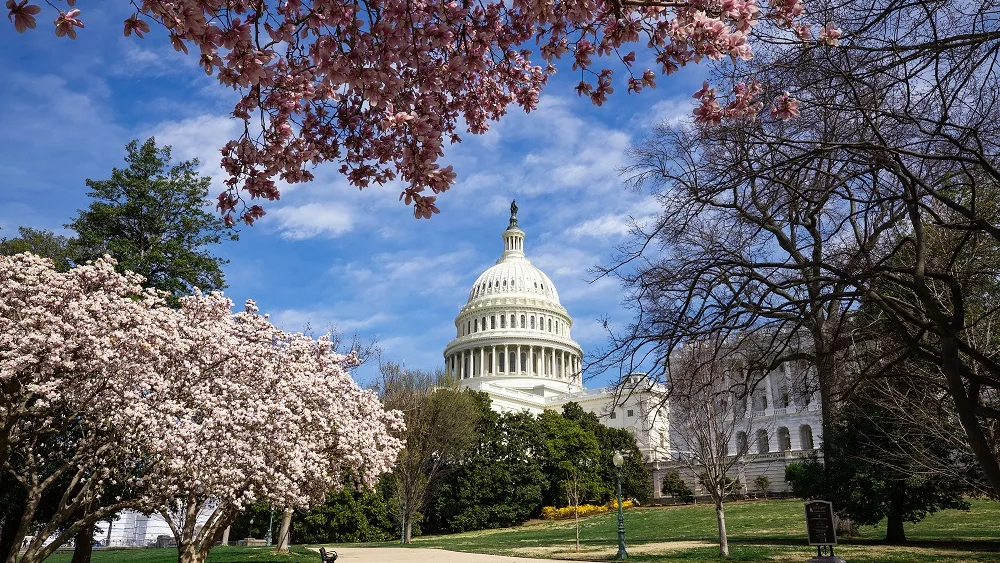The National Pork Producers Council and the American Farm Bureau Federation petitioned the U.S. Supreme Court to take their case against California’s Proposition 12. The ballot initiative would ban the sale of pork from hogs raised outside the state that don’t meet California’s arbitrary production standards. Michael Formica is Assistant Vice President and General Counsel for the NPPC. He says California is attempting to tell hog producers outside the state how to run their farms.
“California is now reaching out to far beyond its borders, and not just controlling how pork would be produced inside the state of California, and there is no pork produced there, but reaching across the country and prohibiting the sale of pork in California if it doesn’t meet these very prescriptive standards that they have put in place. So, 99.9 percent of the pork in the country is produced outside of California, and this is their attempt to reach out and control how farmers in the Midwest or the Southeast raise their hogs.”
The Humane Society of the U.S. was behind the Prop 12 initiative in California, justifying it through food safety and animal cruelty concerns. He says neither justification will be met if this initiative goes through, especially when it comes to group housing and gestation crates for sows.
“The piglets who were raised elsewhere, maybe many states and 1000s of miles away, that there might be a food safety issue there is so ludicrous California hasn’t even defended it and admits that there’s no basis to it. Sows are very large animals, very aggressive animals. After giving birth to the piglets and nursing them, they need time to recover. What this large mother animal doesn’t need is, in that recovery phase, to be sent into something like a World Wrestling Federation match with a bunch of other angry pigs, who are all trying to beat up on her.”
The bill for pork farmers around the country to make the necessary changes to sell products into California would be enormous.
“In the billions of dollars, yes. We’ve had some economic analyses done on this, and it’s tough to come up with an exact figure, but the most recent one we had was estimating up to $3,500 per sow to make these changes. For a typical size operation, it’s like a $15-$16 million investment that you have to make with no guarantee that you’re going to recoup that investment either. The farmer, who’s had to make this investment, gets stuck holding the bag, gets stuck holding and having to pay for all of this for a philosophical preference that California voters might have been duped into, and ultimately isn’t going to lead to what they claim they want, which is increased welfare.”
Formica talks about the next steps in the process.
“The Supreme Court does not have to accept the case. In any one year, there could be as many as 8,000 petitions to the Supreme Court. They get to pick and choose which ones they want to take up. There have been several other petitions that have challenged ballot initiatives like this in the past or these efforts by states to reach across state lines. Most of them, nearly all of them, have been rejected. We spent a lot of time looking at all the reasons why and designing a case and a campaign that we think will appeal to the Supreme Court.”
He says American consumers will eventually bear the cost of Prop 12 through higher prices at the grocery store.





